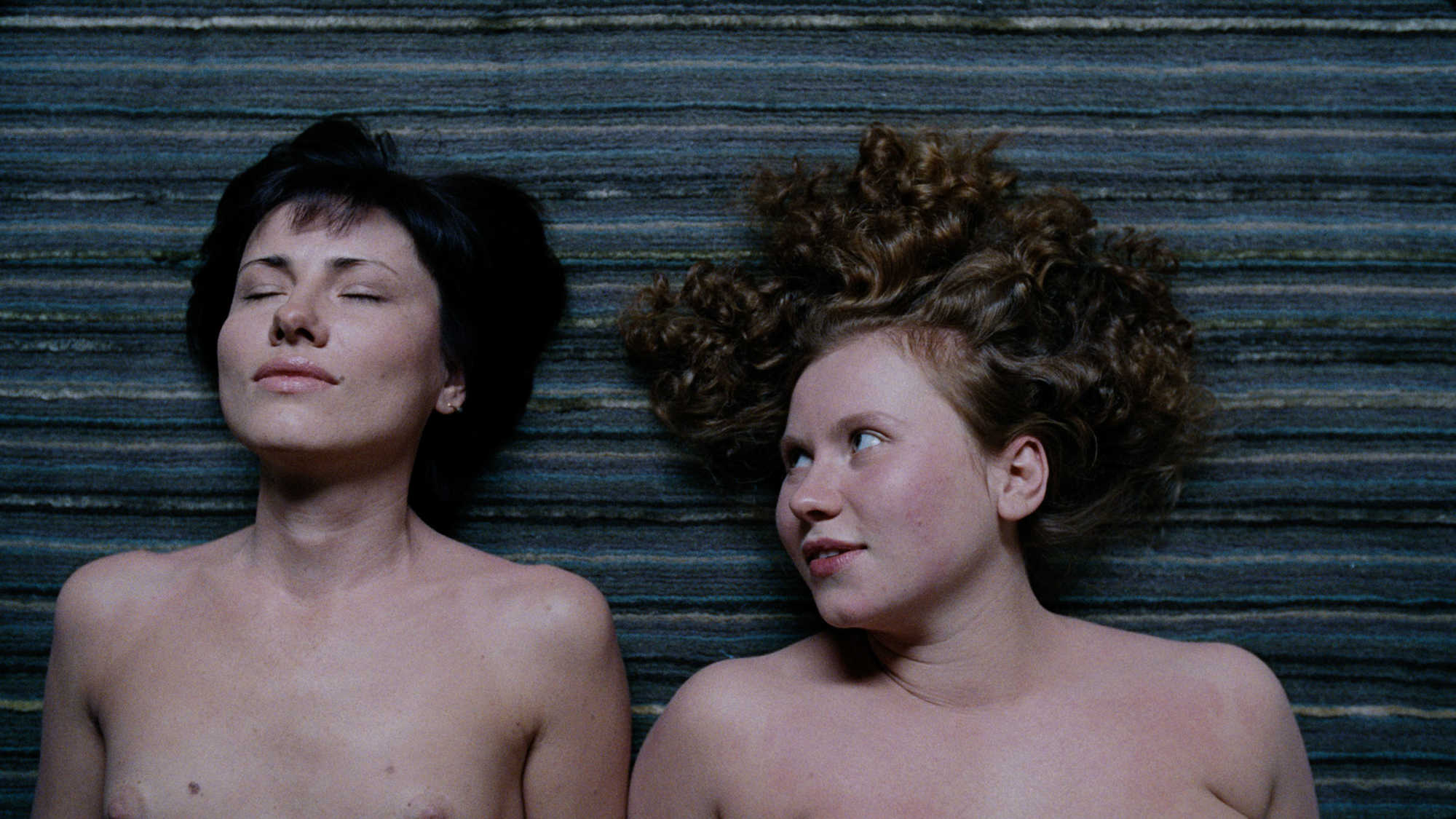Two men set out to conduct the funeral rites of a woman they both loved in this mysterious, folkloric Russian film. “It’s the combination of melancholy, humour and surrealism that makes the film so winning.” — Sight & Sound

Every shot was surprising, deeply considered, intensely satisfying. And every cut had the force of a small detonation.
Screened as part of NZIFF 2011
Silent Souls 2010
Ovsyanki
“A perfect example of film’s ability to take viewers into other worlds, Silent Souls is a profound and moving cinematic poem about love and loss, set against the bleak landscape of central western Russia. Mixing folk legend, ethnography, race memory and road-movie narrative, this ravishingly-shot story of a dead wife and the two significant men from her life who travel to the river shore where they will cremate her, detaches the places and people we meet from the here and now and pushes them into a suspended netherworld… One of the charming, surprising things about the film is that its elegiac, dreamlike tone is never upset by obvious scriptwriting temptations, even while scraps of backstory, and moments of male tension, are allowed to emerge…
In the end we’re not quite sure what we’ve just seen – and a quick check on Wikipedia for some of the traditions and rituals described in the film leaves us even more baffled, as they seem not to actually exist. Neither does ‘Aist Sergeyev’, the writer who supposedly wrote the story The Buntings on which (according to the credits) the film was based... It would be wrong to think of Silent Souls’ blend of legend and fiction as mockumentary; it seems closer in spirit to the odd fables of Jorge Luis Borges.” — Lee Marshall, Screendaily
“The biggest surprise of the year – I haven’t seen a Russian film in a while that so vividly invokes Tarkovsky, without trying hard to do so. It’s an incredibly humorous film too, although its contemplations on love, identity and transience – as in all great Russian art – come across as very sad. A masterpiece.” — Vlastimir Sudar, Sight & Sound